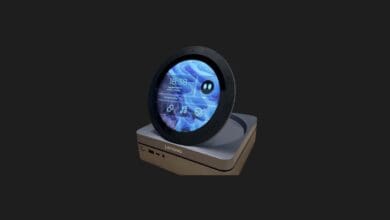Apple’s Entrance to the AI Race: First App

At a measured pace within the realm of artificial intelligence, Apple has discreetly introduced frameworks and model libraries tailored for its own chips. This move sets the stage for generative artificial intelligence to potentially become available on MacBook models.
The machine learning research team at Apple has unveiled a machine learning framework named MLX. This framework enables developers to craft efficient models and deep learning libraries designed specifically for Apple Silicon.
Deep learning models, rooted in both frameworks and MLX Data, are accessible through the GitHub page and are also available via PyPI.
Apple is also preparing to advance in the field of artificial intelligence

According to Apple’s GitHub page, MLX, drawing inspiration from PyTorch, Jax, and ArrayFire, incorporates shared memory. This implies that any task running on MLX can execute on all supported hardware without the necessity to transfer data.
Currently, CPUs and GPUs have MLX support. Reports suggest that MLX is user-friendly for developers while still packing enough power to build models like Meta’s Llama and Stable Diffusion generative AIs. The frameworks and model libraries offered can be applied to various AI applications in the market.
However, MLX Data primarily focuses on deep learning. Apple, unlike its major competitors Microsoft and Google, doesn’t emphasize generative artificial intelligence. In fact, the company tends to avoid using the term “artificial intelligence” as much as possible.
It has previously been mentioned that Apple is working on foundational models. These foundational models encompass substantial amounts of unlabeled data, allowing the same dataset to serve multiple purposes.











